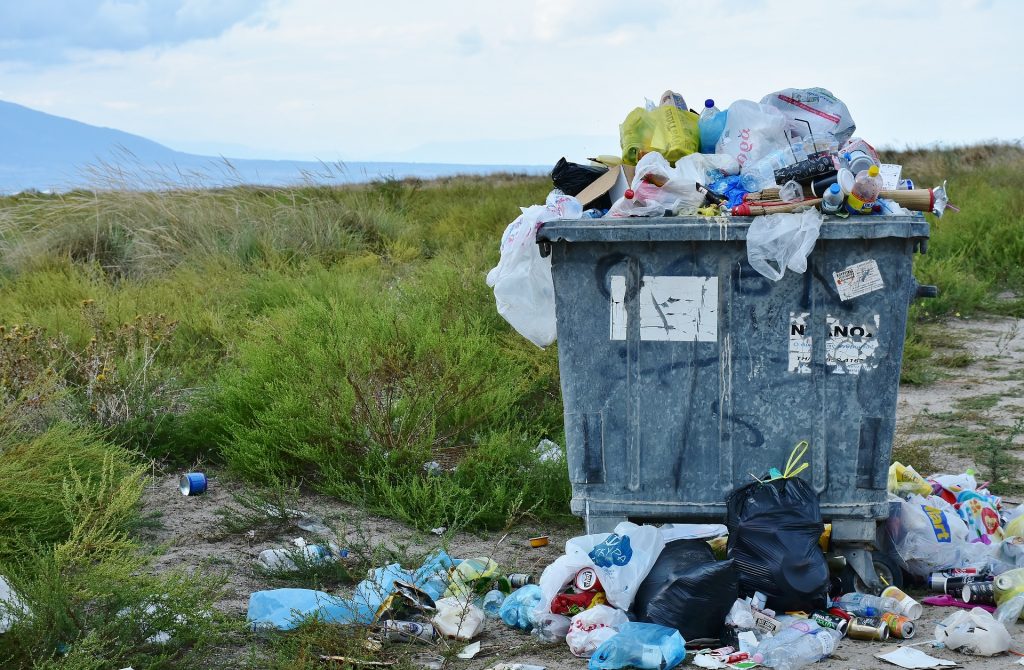Sustainability in Your Kitchen
We just covered sustainability in the front of house department of your restaurant and some of these points can apply to the back of house department too. However, there are other elements of your kitchen which can be made more sustainable, and can cut your contribution to humanities footprint on our planet.
Cook to the Season
Not all of us choose to produce seasonal or in-season menus, however the benefits of it are numerous! Not only is it something that has been trending for a while and can keep customers returning to your location in order to discover your menu all over again but it also helps you keep costs down by purchasing products which are fresh, readily available and therefore cheap! It will also all tie into our next point because, in cooking seasonally, you’re more likely to be able to source from, and rely on, local producers.
Local Producers
Sourcing your products from local producers not only supports your local community but it can also severely reduce the carbon footprint of the produce you use in your restaurant. Doing this can also allow you to serve the freshest and most in-season product that it is possible for you to do.
Convection Oven
Convections ovens work by circulating hot air around the oven, rather than just applying heat to the top and bottom of the dish like traditional ovens do. This method of cooking not only cooks items faster, speeding up your prep and cook time, but it also reduces the amount of heat needed to cook the dish, by about 15ºC. This all results in a reduced consumption of time and energy by your restaurant.

Recycling
Whilst we might recycle the large cardboard boxes in which we receive all of our goods the other parts of the packaging all too often find their way into the trash can. Strategic placement of recycling cans around your kitchen, along with the correct signage, can significantly increase the amount you recycle whilst almost reducing the amount of trash your restaurant is producing.
Composting
One article often overlooked by kitchens around the world is the amount of food waste they produce. If there is a composting program done via your refuse disposal company, or even by another vendor, contributing to it will increase your businesses sustainability whist also reducing the amount of trash you produce as well as allowing you to contribute to your local community. The disposal of compost waste doesn’t require you to use an outside vendor, if there’s a local community garden, or if you have your own garden for your own produce, you can often have it picked up, or drop it off yourself, at zero or minimal cost. Remember that food waste doesn’t just concern the food left on plates by your customers but also the parts of food that you don’t use in your kitchen.

Don’t let all of your recycling, cost reducing, and sustainability initiatives go to waste. If you partake in any of these schemes or make any changes to your business for the betterment of the environment consider how you can pass this message on to your guests. You can use your social media channels, put it on you menu or on display somewhere in your restaurant. Besides saving the planet all of these efforts can help your business with the average consumer becoming ever more conscious of our planets heath as well as their’s and other’s impact on it.



